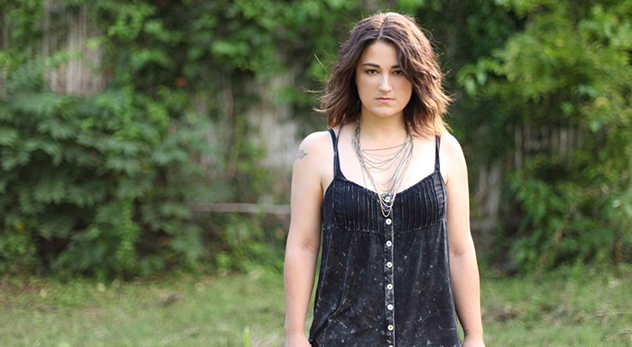Jennifer Knapp on sexuality and which lyric she would change
Conversing with Jennifer Knapp is like listening to NPR. Her tone is lush, almost comforting, and her words are measured. You can almost hear her smiling. Even when I ask difficult questions or push back, she remains unflappable. An uninformed eavesdropper would never guess from Knapp’s demeanor that the one-time Christian superstar has been embroiled in controversy for more than four years after revealing she was gay. Knapp’s storied career as a Christian singer and songwriter culminated in a gold album, Grammy nomination, and an appearance at Lilith Fair music festival, but her announcement shocked many fans and drew the ire of some conservative Christians who believe that the "homosexual lifestyle" is sinful.
This month, Knapp walks back into the furnace with the release of a mainstream folk album, "Set Me Free," and a tell-all memoir, "Facing the Music: My Story." Here, we discuss her sexuality, the scrutiny she's been under, and which lyric she wishes she could change.
RNS: You talk a lot about your past—family drama, depression, alcohol, sexual encounters. Some conservative Christians might say that your past has shaped who you are today in terms of your sexuality. Has it?
JK: I don’t know that I would say that my past has made me into the lesbian that I am today as if A plus B equals lesbian. I don’t really subscribe to that kind of way of thinking. And after all the soul searching I’ve done in my life, I wouldn’t come to that conclusion. Having said that, I’m a real proponent of the idea that the history of our experiences creates the person we are in the present.
RNS: You tell a story in the book about not allowing one of your songs to be used in a “True Love Waits” abstinence campaign. Why?
JK: I hope the fallout isn’t that I think abstinence is a lost cause. That was about the way we approach this issue and what I think is a better understanding of the value of what abstinence means. This is largely based on my own experience. Listen, yes, I’ve had sex with people. Is there really value in shaming me into abstinence? Or rather should you give me an idea of the value of my body and person the value of the people opposite me that I might have a sexual encounter with?
Abstinence is a very noble virtue. I spent a decade abstinent and in that time, I absolutely got a sense of why that was important and why giving my body away was less than ideal. But if you just told me not to have sex and then shamed me if I did, it would be different. Christians often end up creating ideals rather than establishing schools of thought that are deliberate about why purity is important for health and well being and compassion to each other.
